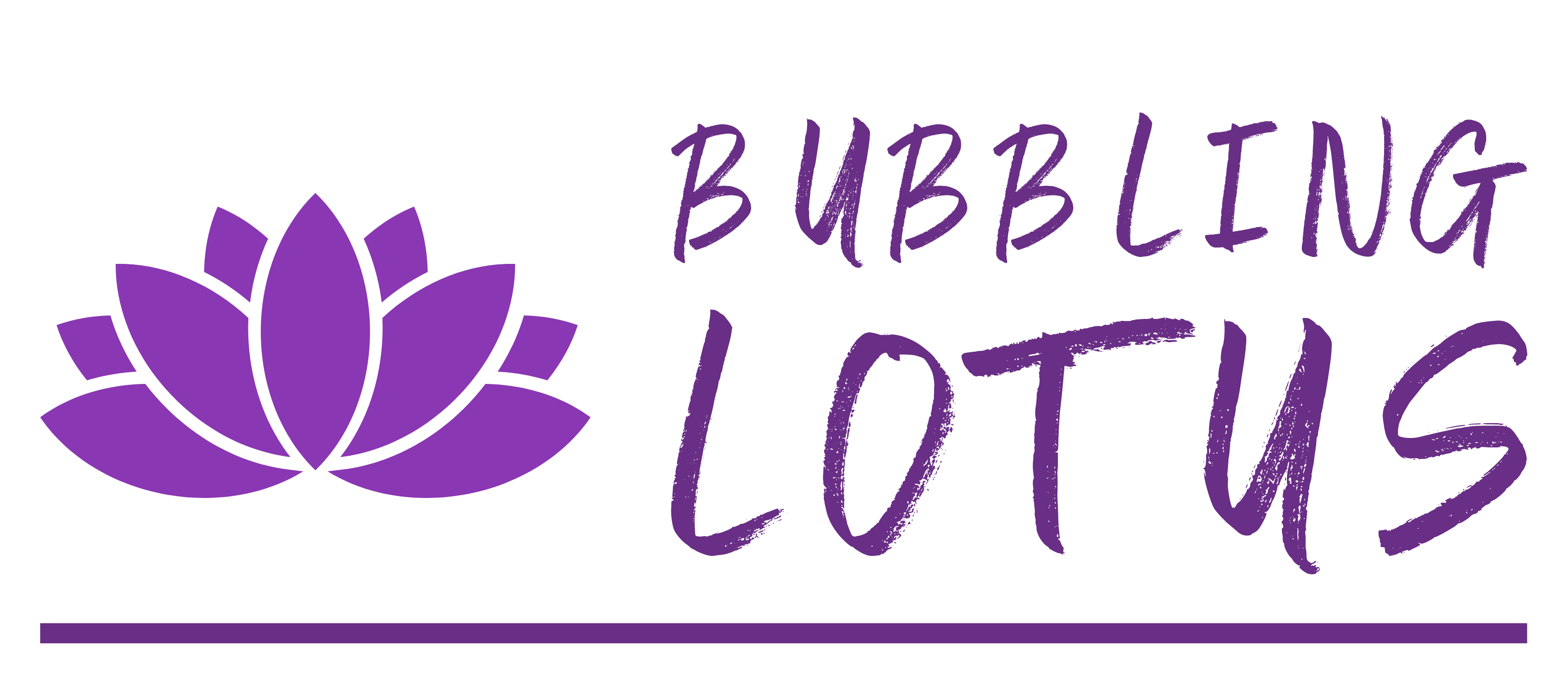Workplace stress has become a prevalent issue in today’s fast-paced and demanding corporate world. With increasing workloads, tight deadlines, and an always-on mentality, employees – especially managers and leaders – are increasingly vulnerable to experiencing excessive stress levels. This excessive stress not only takes a toll on their mental health but also significantly affects their overall productivity, performance and creativity.
The impact of workplace stress on mental health cannot be overlooked, as it can lead to a range of psychological disorders such as anxiety, depression, and burnout. When individuals are constantly under pressure and face high levels of stress, their ability to cope with everyday tasks becomes impaired. This can result in reduced concentration, difficulty in decision-making, irritability, and decreased motivation. Moreover, workplace stress can also lead to physical symptoms like headaches, high blood pressure, and sleep disturbances. This can equate to a poor work life balance, and the loss of working days.
One of the key factors contributing to workplace stress is an unhealthy work environment. A toxic workplace characterized by poor leadership, lack of communication, and excessive workload can induce chronic stress. Employees may feel undervalued, overworked, and unsupported, leading to a decline in their mental well-being. It is crucial for organizations to proactively address these issues and create a positive work culture that promotes employee well-being.
The impact of workplace stress is not limited to mental health alone; it also adversely affects productivity and overall performance. When employees are under constant stress, their ability to focus and concentrate on tasks diminishes. This can lead to mistakes, errors, and reduced quality of work. Moreover, stressed individuals may also experience decreased creativity and innovation, as their minds are preoccupied with anxiety and worry. Ultimately, workplace stress hampers productivity, leading to missed deadlines, decreased efficiency, and a decline in overall organizational performance.
Organizations must understand the importance of creating a supportive work environment that prioritizes employee mental health. Implementing stress management programs, offering flexible work arrangements, and promoting work-life balance are a few strategies that can help reduce workplace stress. Additionally, regular communication and feedback can help employees feel valued and supported, reducing their stress levels.
Addressing workplace stress not only benefits individual employees but also has a positive impact on the overall organization. By investing in employee well-being, such as Meditation and Mindfulness-based Stress Management courses, organizations can witness improved productivity, increased employee satisfaction, and reduced turnover rates. Additionally, creating a positive work environment that supports mental health can attract top talent, enhancing the organization’s reputation and success in the long run.
In conclusion, workplace stress has a profound impact on mental health and productivity. The negative consequences of excessive stress not only affect individuals but also organizations as a whole. It is crucial for employers to recognize the importance of stress management and prioritize employee well-being. Creating a supportive work environment will not only improve employee mental health but also enhance productivity and overall organizational success.
For more information visit:
Bubbling Lotus | Mindfulness Based Stress Reduction
https://www.bubblinglotus.online/
Learn how to manage your stress, anxiety & chronic pain with mindfulness & meditation and discover how to live a happier, calmer life filled with more contentment, increased focus & clarity and higher quality relationships.
